How switching to alcohol free in queer spaces is helping LGBTQ folk: ‘Mental health is a big driver’
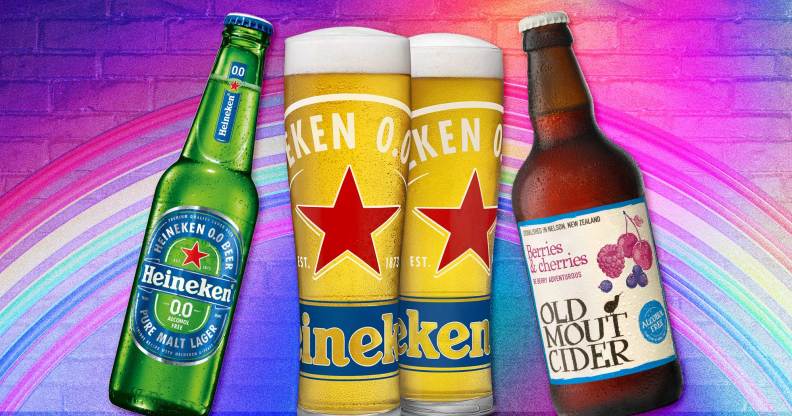
Heineken’s alcohol free range includes Heineken 0.0 beer and Old Mout Cider Alcohol Free (Heineken)
Dry January has rolled around once again and many LGBTQ+ people are using the annual collective detox to reassess their relationship with alcohol.
Whether it’s for mental or physical health reasons, saving some much-needed cost-of-living cash or simply putting the hangovers on pause, more and more of us are recognising the benefits of moderating our alcohol intake.
For many, the LGBTQ+ scene has not always been the easiest place to navigate no or low alcohol living, with drinking in bars, pubs and nightlife still firmly at the centre of the community’s social orbit.
But with an estimated 13 million Brits currently moderating their alcohol intake*, times are a-changing, with more and better quality alcohol free drinks on offer than ever before as brands like Heineken deliver non-alcoholic and low-alcohol tipple that’s equally as appetising as pub-goers’ usual orders.
Tom, a 33-year-old illustrator from London, stopped drinking alcohol three months ago after recognising that it had become an “unhealthy habit” that also had a negative impact on his mental health. At first, he worried his decision to forego alcohol would force him to sacrifice a busy social life in the capital.
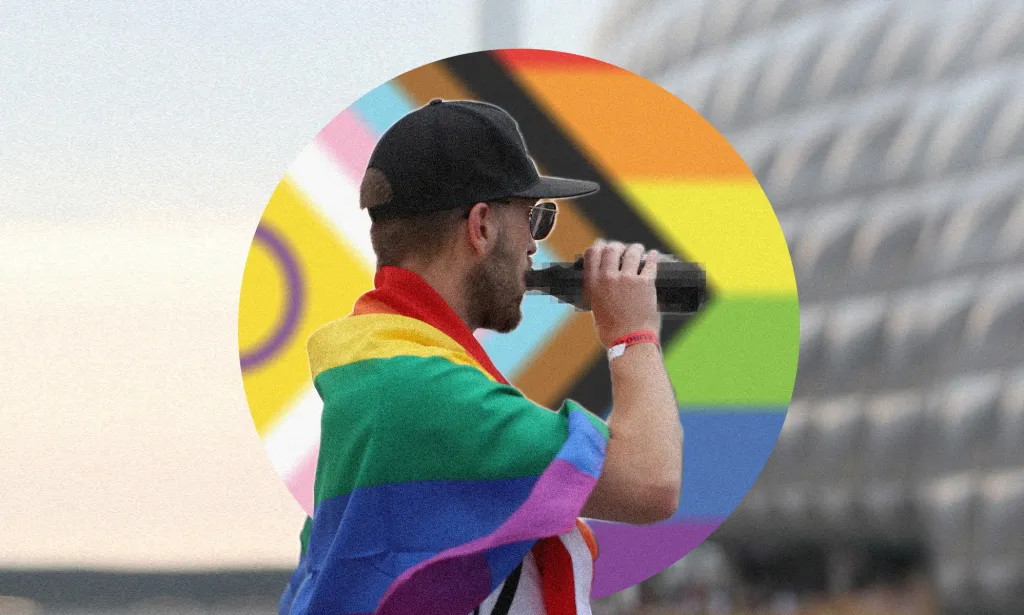
“That was one of my first concerns, because so much of what I do socially is to meet people in a pub, to go out to a bar”, he explains. “It’s a hurdle to get over until you realise that there are alternatives out there.
“It’s assumed you’re going to go to events and drink, and having an alcohol-free alternative [allows you] to keep that habit without [social pressure] impacting you.”
Thankfully, those alcohol-free alternatives are becoming more plentiful and, importantly, just as delicious as their alcohol-filled counterparts, with Heineken leading the way with a beer range that includes Heineken 0.0, Birra Moretti Zero and Brixton Brewery Switch Alcohol Free Pale Ale *LTD EDN*.
Improved production processes that see the alcohol removed after brewing rather than not brewed at all are largely responsibly for why consumers may not be able to even differentiate between the taste of regular Heineken lager and a crisp 0.0.
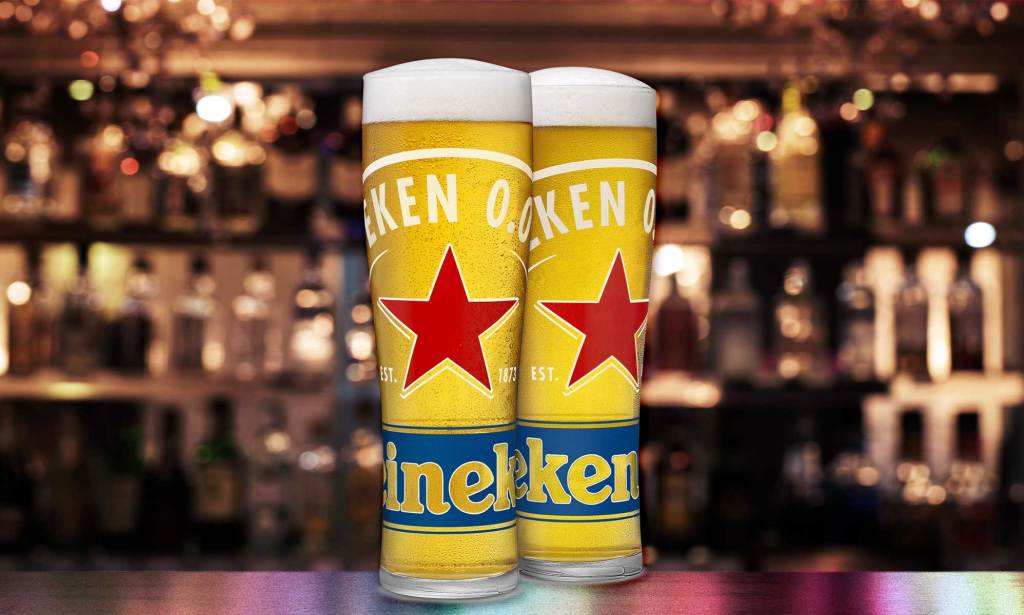
It’s not just the beer drinkers whose non-alcoholic choices have expanded either, with Heineken’s Old Mout Cider Alcohol Free – available in both Berries & Cherries and Pineapple & Raspberry flavour – keeping those with a sweeter tooth satisfied.
Laura Willoughby is a co-founder of Club Soda, a mindful drinking organisation that champions no and low alcohol products at their Tasting Room, bar and shop on Drury Lane in London, just a stone’s throw form the bustling queer hub of Soho. She set up Queers without Beers in 2015 to bring much-needed alcohol free social events to the LGBTQ+ scene, holding gatherings in London, Manchester, Bristol and Hastings.
“We wanted to give something back to the queer community, which was important to all of us – but also we’re very aware that the queer community is very boozy, we don’t have many options on socialising without [alcohol] and I know people struggle,” says Laura, who emphasises that that LGBTQ+ venues must do more to meet growing consumer demand for no and low alcohol products.
“What I’ve seen is a lot more queer people talking openly about changing their drinking, which as you know with anything is the first step towards people accepting that it’s possible to do and it’s not unusual behaviour. Without a doubt it’s cross-generational, and mental health is a big driver,” she explains.
“Since we started in 2015, the shift in everyone talking about mental health has been massive, and I think young people have driven that narrative and it’s been to everyone’s benefit that they’re talking about it.”
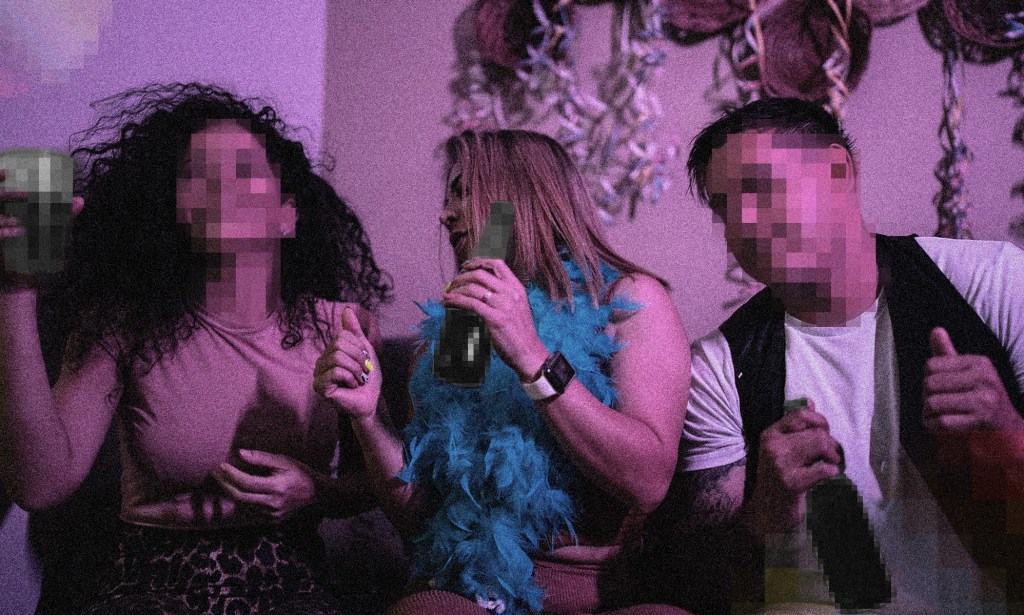
The stats certainly back this up: The number of no and low drinkers has more than trebled since 2018 and 50 per cent of 18-24-year-olds are trying to moderate their alcohol intake – an increase of 9 per cent compared to half a decade ago.
Laura notes: “This isn’t about a whole group of people who are sober, this is about people who are now moderating and not wanting to drink as much – but it doesn’t mean that they don’t want to socialise.”
Heineken had been setting the standard when it comes to increasing the visibility of alcohol free drinks, announcing the roll-out of Heineken 0.0 on draught in pubs and bars across the UK in late 2021 as part of their commitment to reminding drinkers that there’s ‘always a choice’.
Laura says that in her experience of running Club Soda, 2017 marked a turning point in the public perception of no and low alcohol beverages. “That’s when Heineken came onto the market and didn’t just produce an alcohol free beer, they advertised it and told people they had it,” she states. “It really does make a difference.”
As LGBTQ+ venues begin to recognise the importance of catering to pub and club-goers who are moderating or eliminating their alcohol intake, Joanna Dring, head of media at Heineken, says that there’s “never been a better time to try a low and no beer or cider.”
“Ten years ago, I don’t think any of us would have dreamt that we’d be walking into a pub and asking for a pint of alcohol free beer,” she comments. “There’s a number of reasons for this – people still love the pub but there is definitely a move towards moderation, and there’s been huge advances in the quality of alcohol free drinks.
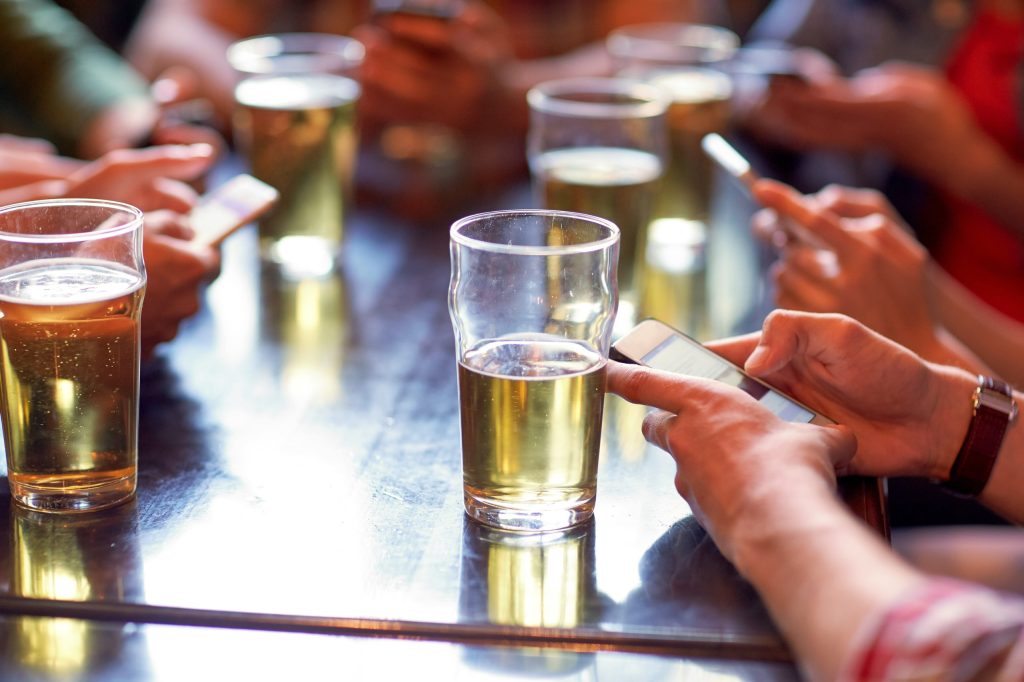
“Getting together with friends is something to be cherished, and if we don’t fancy the alcohol, we no longer have to make do with a tepid soda water, but enjoy the huge and exciting range of alcohol free alternatives of some of our favourite tipples.”
Laura believes we’re currently in a “sweet spot of a time” where swapping an alcoholic drink for a no or low alcohol alternative has become socially acceptable, making it “easier than ever” for people to make the switch.
Tom echoes this sentiment, saying: “Having an alcohol-free alternative that looks just like [an alcoholic] drink just enables you to feel like you’re part of everyone there: you don’t necessarily have to talk about it, if you’ve got it in a glass people aren’t necessarily going to ask ‘why aren’t you drinking?’.”
He adds: “The good thing about Heineken [0.0] is that so many places do stock it, and I know that going into a social situation I can order that pretty much everywhere, so I know it’s always there as an alternative. And it tastes like normal beer – without the hangover!”
*All statistics quoted from Kantar research conducted for Heineken, 12 months ending July 2022

